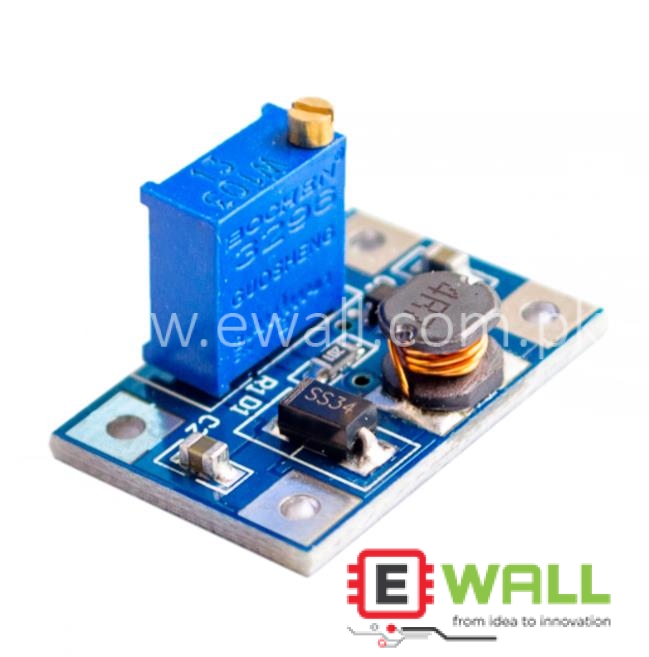
30A PWM Solar Charger Controller SC30A MPPT SDRC DC12V/24V Auto 30A
Application range
This controller is only suitable for ordinary solar modules. Please do not connect other charging power sources, otherwise the controller may be permanently damaged.
This controller is only suitable for the following 12V/24V battery types:
ordinary electrolyte lead-acid battery,
maintenance-free lead-acid energy storage battery, deep cycle battery, gel battery
warning! This controller is not intended for nickel-cadmium batteries, nickel-metal hydride batteries, lithium batteries, and other types of rechargeable or non-rechargeable batteries.
Installation and connection
Install the controller in the appropriate location and keep it as close as possible to the battery. The mounting surface must be solid and flat, dry and not easily ignited. The battery cable must be as short as possible and match the appropriate cable cross-section (eg 4mm2 20A current, 2m length).
If the battery is operated within a large temperature range (summer/winter), be sure to install a temperature-controlled probe (if any) words). A temperature-compensated charging voltage extends battery life and increases available power.
To ensure air circulation, keep a 10cm spacing around the controller.
During the installation process, connect the components in the following order.
1. Connect the positive and negative terminals of the battery to the positive and negative terminals of the controller.
2. Connect the positive and negative poles of the solar module to the positive and negative terminals of the PV input of the controller.
3. Connect the load to the positive and negative terminals of the controller's load output port.
When disassembling, proceed in the reverse order.
WARNING: Incorrect installation sequence can result in damage to the controller.
Protective function
Reverse battery protection board
reverse battery protection
controller only protects itself, does not protect the load
overshoot protection electrical
charging process once the battery voltage reaches the set voltage, the controller will automatically cut off the charging circuit
overdischarge protection
discharge process, Once the battery voltage reaches the set voltage, the controller will automatically cut off the discharge circuit at
night and reverse the backflow protection
output. During the overcurrent protection
discharge process, once the discharge current exceeds the rated value within 1.3 times, the controller will automatically cut off the discharge circuit after 60 seconds delay. . Once the discharge current exceeds 1.6 times the rated value, the controller will automatically cut off the discharge circuit after a delay of 5 seconds. If it is more than 1.6 times, it will be closed immediately.
Output short circuit protection
Technical Parameters
|
model |
SDRC1205 |
SDRC1210
|
SDRC1215
|
SDRC1220
|
|
Rated charging current |
5 A |
10 A |
15 A |
20A |
|
Rated discharge current |
5 A |
10 A |
15 A |
20A |
|
System voltage |
12V / 24V automatic adaptation |
|||
|
Overcurrent protection |
<1.3 times rated current is maintained for 60 seconds <1.6 times rated current is maintained for 5 seconds >1.6 times rated current immediately closes the load |
|||
|
Standby loss |
<5mA |
|||
|
Charging circuit voltage drop |
≤0.26V |
|||
|
Discharge loop voltage drop |
≤0.15V |
|||
|
Maximum panel voltage |
42 V |
|||
|
Operating temperature |
-35°C to +55°C |
|||
|
Lifting voltage |
14. 8V |
|||
|
Direct voltage |
14.5 V |
|||
|
Average voltage |
14.2 V |
|||
|
Floating charge |
13.8V |
|||
|
Charging recovery voltage |
13.2V |
|||
|
Discharge cutoff voltage |
11.2V |
|||
|
Discharge recovery voltage |
12.6V |
|||
|
Temperature compensation coefficient |
no |
|||
|
control method |
PWM pulse modulation technique |
|||
|
Maximum wiring diameter |
12AWG |
|||
|
Size /weight |
140×90.5×28.5mm /210g | |||

 40 Pin 1x40 Pin 2.54mm 20mm Right Angle Single Row Pin ...
40 Pin 1x40 Pin 2.54mm 20mm Right Angle Single Row Pin ...
 3mm LED Green
3mm LED Green
 3mm LED Red
3mm LED Red
 4 Foot Micro Switch / Tact Switch 4*4*1.5 MM Copper Hea...
4 Foot Micro Switch / Tact Switch 4*4*1.5 MM Copper Hea...
 PNP General Purpose Transistor BC327 TO-92
PNP General Purpose Transistor BC327 TO-92
 3p 2S Curved needle XH2.54 white terminal block Male Ba...
3p 2S Curved needle XH2.54 white terminal block Male Ba...
 SS34 SMA patch IN5822/1N5822 4MMX2.6MM Diode SMD
SS34 SMA patch IN5822/1N5822 4MMX2.6MM Diode SMD
 5050 RGB Red Green Blue LED Bead highlight patch LED 50...
5050 RGB Red Green Blue LED Bead highlight patch LED 50...
 2P Curved needle 90 degree XH2.54 white terminal block ...
2P Curved needle 90 degree XH2.54 white terminal block ...
 Diode FR107 Fast Recovery Diode 1.0A FAST RECOVERY RECT...
Diode FR107 Fast Recovery Diode 1.0A FAST RECOVERY RECT...









